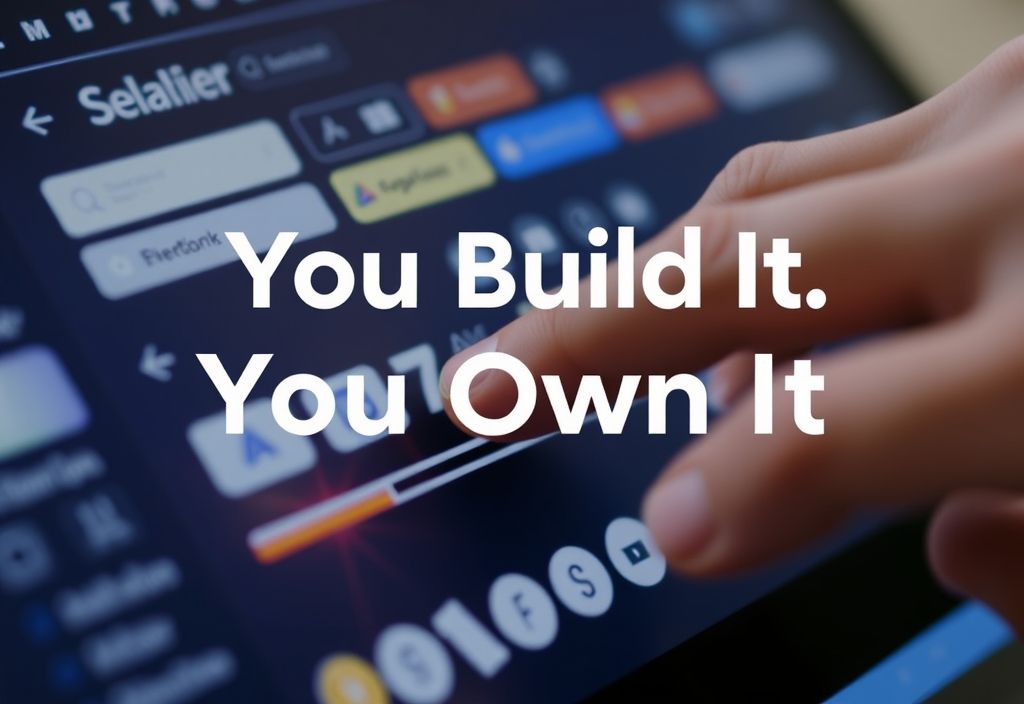Customer loyalty is the foundation of sustainable startup and SMB success. In a competitive digital workplace, loyal customers not only drive recurring revenue but also fuel organic growth. As entrepreneurs, it’s critical to leverage the right mix of platforms, products, and personalized experiences—like those taught in Bizinc’s Developer Program —to retain customers and turn them into advocates.
Understanding Customer Needs
Understanding your customers starts with strong development planning. Whether you use a CRM platform, a no-code app builder, or a custom application, collecting and acting on behavioral data allows you to anticipate customer preferences and tailor offers accordingly.
Learn 7 Efficient Ways to Handle Online Reviews for Your Online Business
Designing Exceptional Experiences
Use data-driven design features and microservices to create frictionless journeys across your website, mobile app, or service platform. Whether you’re offering a new product or running a SaaS development tool, consistency and ease of use can significantly impact loyalty.

Building a Strong Brand Identity
A consistent brand powered by clear messaging, smart design, and customer-first values helps establish trust. For entrepreneur app development, this means branding across your extension, app, and customer emails that feel cohesive and personal.
You might be interested in How to build a strong brand identity on an authoritative external website.
Creating a Loyalty Program
Offering loyalty rewards doesn’t require complex systems. Use tools within your business app builder (link “business app builder” to: /pricing) to automate milestones, discounts, and referrals—available even in our Start and Promote plans. For more advanced solutions, custom software development can support long-term retention strategies.
Leveraging Social Media Engagement
Social platforms are critical to building emotional connection and staying top of mind. Use social channels to promote startup app development journeys, celebrate customer milestones, and highlight new features in your app development course or software program.

Providing Value Beyond the Product
True loyalty comes from solving problems—not just selling. Provide access to resources like how-tos, consulting partner sessions, or integrations that simplify workflows using platform technologies, domain-driven design, or built-in IT support.
Acting on Customer Feedback
Feedback is gold. Use integrated surveys in your app, support inbox, or website to understand customer pain points. Feed insights into your development pipeline to improve UX and feature sets. For more techniques, explore effective customer feedback strategies.
How to effectively collect and use customer feedback
Building Trust and Transparency
Whether you’re launching a SaaS or a local beauty brand, transparency builds long-term trust. Publish pricing clearly, respond to feedback, and share your entrepreneurship journey to humanize your brand.
Fostering a Sense of Community
Community-building can happen via live chats, social groups, or in-person networking at the Bizinc Town Hall, where entrepreneurs and SMBs connect. Encourage customers to share their wins and co-create. Use your no-code app builder to implement interactive spaces.
Measuring and Improving Customer Loyalty
Measure loyalty using retention analytics, repeat purchase data, or engagement tracking within your software development program. Improve iteratively through continuous development based on real-time customer behavior. Get inspired by brand transformation success stories.
To invest in small business success, loyalty must be intentional. From design to technologies, customer-centric strategies drive the kind of engagement that fuels lasting impact. Whether you’re scaling a startup, managing a growing SMB, or launching your first application, connect with Bizinc to get the tools and guidance to grow loyalty from day one.




